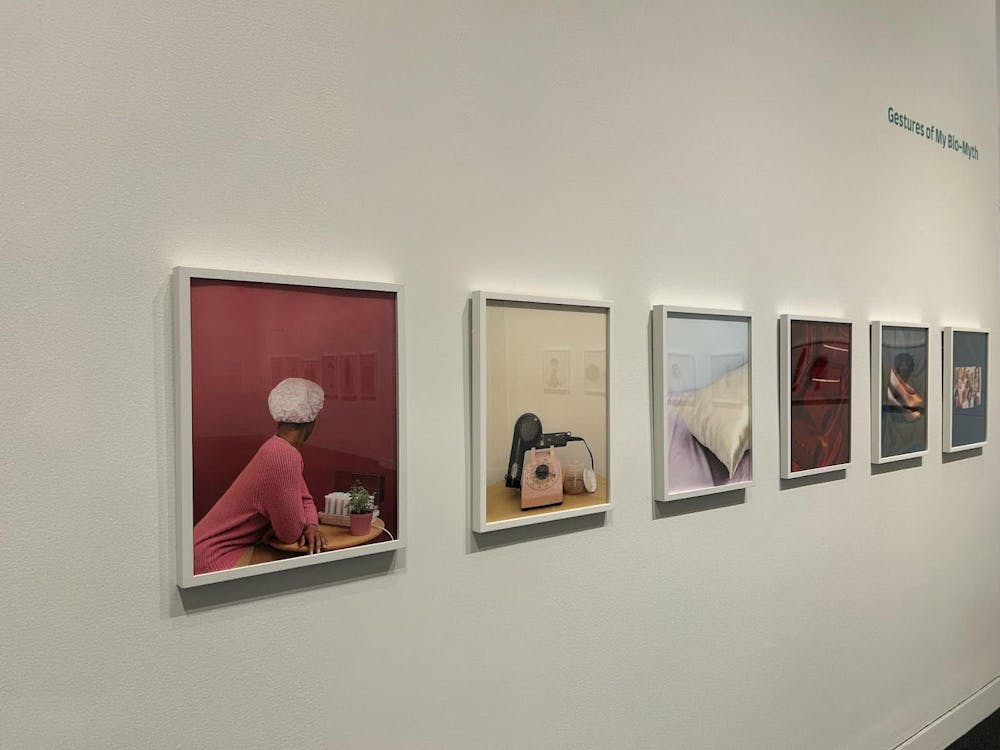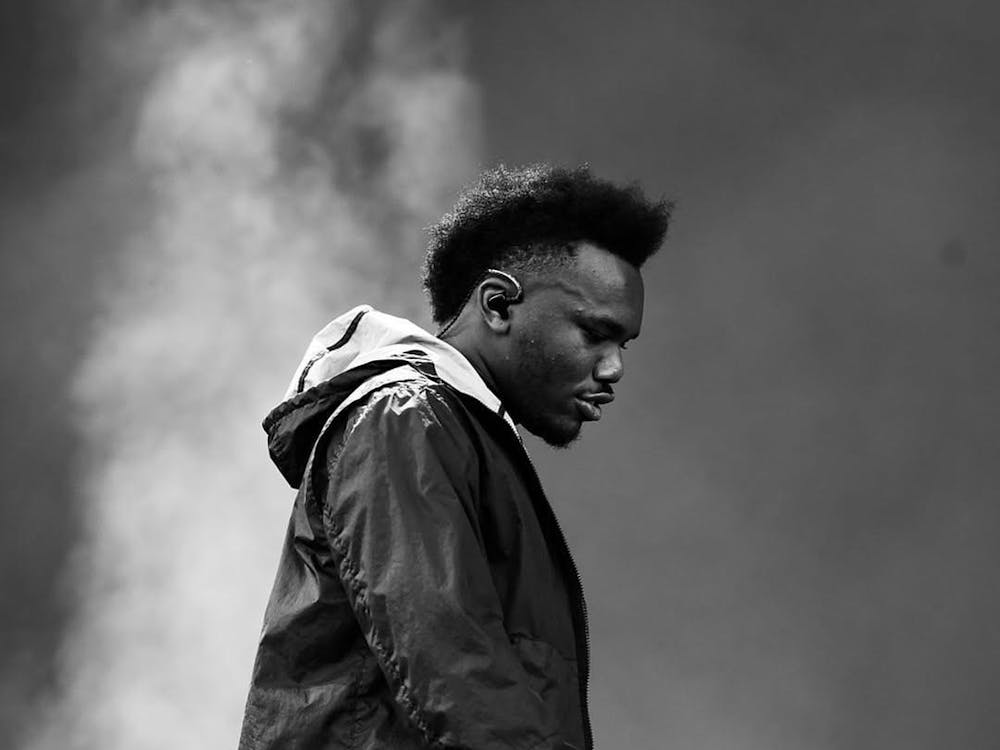Ask just about any student if he likes music, and the answer is bound to be yes. Beyond this general preference, however, artists and genres tend to vary infinitely. For many, musical taste forms a major part of a person’s identity. College radio allows students, as well as college faculty and local community members, to share this identity with the world, or at least with a small chunk of it.
According to Nick Rubin, a University visiting lecturer and current host on the University’s WTJU radio station, college radio is typically defined as a station hosted by a number of student volunteers who play a variety of music that is typically rock-related — including dance, hip-hop and electronic among other specific genres. The tunes of choice here normally come from independent labels and are not found on commercial radio stations.
The University itself possesses two college radio stations, both of which stream online and on air. WUVA, which has been around since 1947 and now operates under the name Kiss FM 92.7, is one of only six fully self-supporting student-run radio stations in the country. The studio can be found on the top floor of Alumni Hall.
The University’s other college station, WTJU, began in 1957 and plays a mix of classical, jazz, folk and rock, with news presented in the mornings. Students, faculty and community members can all volunteer at WTJU and the studio is located in Lambeth Commons.
The idea of college radio is not particularly old; its independence began with the punk movement in the late 1970s, when college students embraced the new music that commercial stations blacklisted. Radio hosts pored through record stores and music magazines for underrated bands, which in turn worked with station hosts and record store owners to create vast networks through which they could share their latest finds — these networks are credited with discovering several now-famous bands, such as R.E.M., Nirvana and MGMT.
Though the internet has made it easier for average music-lovers to discover new bands on their own, college radio still serves as a trial ground for up-and-coming groups to market themselves to young audiences and record labels.
Given the importance of gathering a listenership and finding new stars, the hosting experience can be pivotal for college stations. Entry into the hosting market generally isn’t too difficult, typically consisting of a straightforward application and a trial time slot with relative freedom to say and play what you will, within FCC limits of course. Many hosts have past musical experience either playing an instrument, DJing parties or studying music for a major or minor. The studios typically have a small library, but hosts tend to provide the majority of music on a setlist. Preparation can either be a long, detailed process, or a quickly compiled list of recent song favorites. For true music lovers, though, even on the toughest dates, hosting is a labor of love and a terrific opportunity to connect with audiences.
Unfortunately, as vital a socio-cultural role as radio has played in the past, its audience is slipping away. With the availability of on-demand music from iPods, YouTube and streaming services, college students often neglect the radio, which gives stations less influence over the next wave of music.
To perform a quick and admittedly imprecise study on this, I took a poll in a first-year dorm and found that 63 percent have never listened to the radio since coming to college, apart from dining hall music selections. Out of 82 students, 17 listen “rarely” listen, eight listen “sometimes” and only five listen “a lot.” Even allowing for the fact that first years do not have cars in which to listen, the numbers continue to astound.
Though the popularity of music streaming sources and YouTube videos will most likely continue to soar and to grant us ever-increasing access to the musical world, we may be losing something important in the process. So next time you’re looking for a new study playlist or Friday night jam, consider tuning in to the University staples: WTJU and WUVA.






